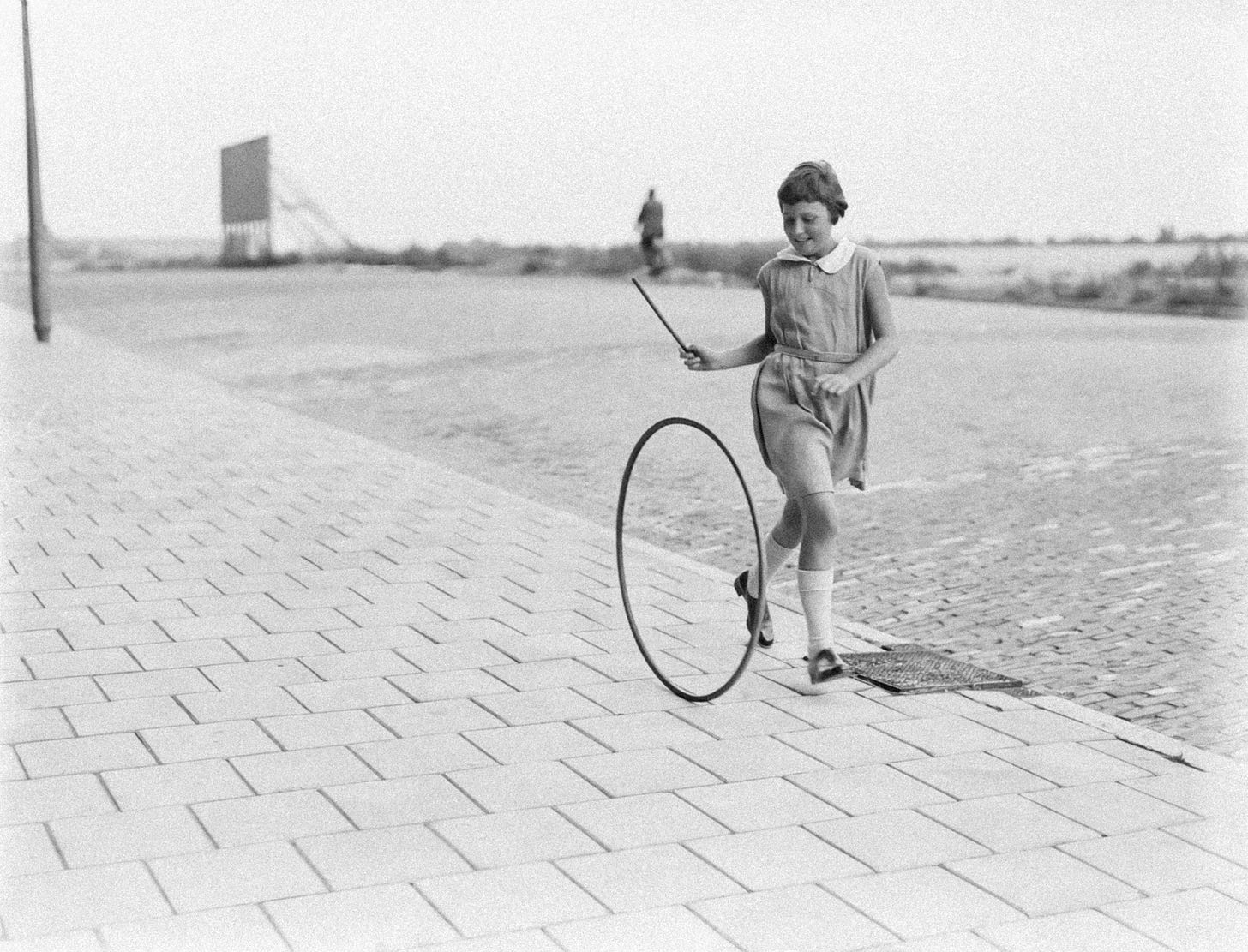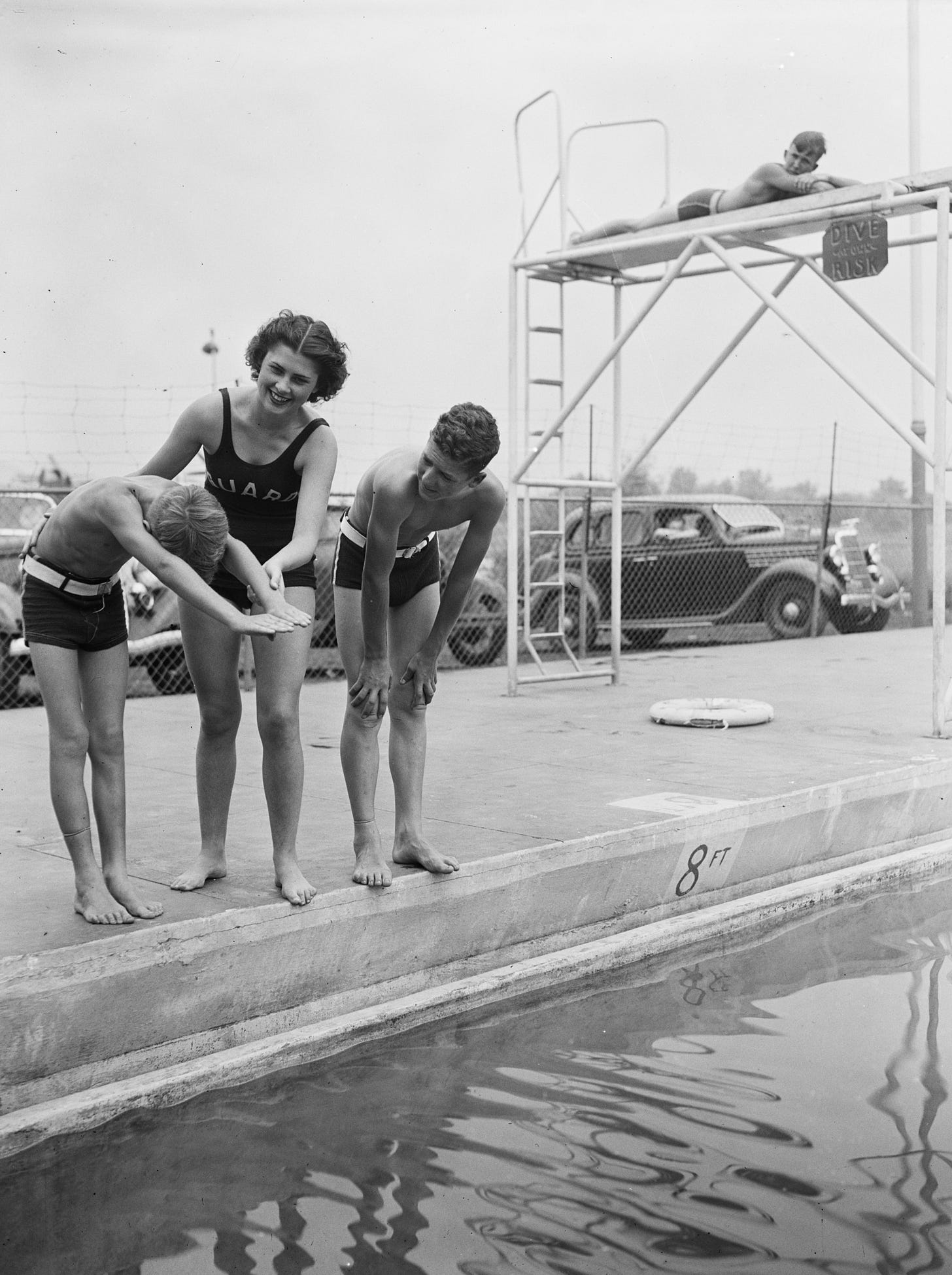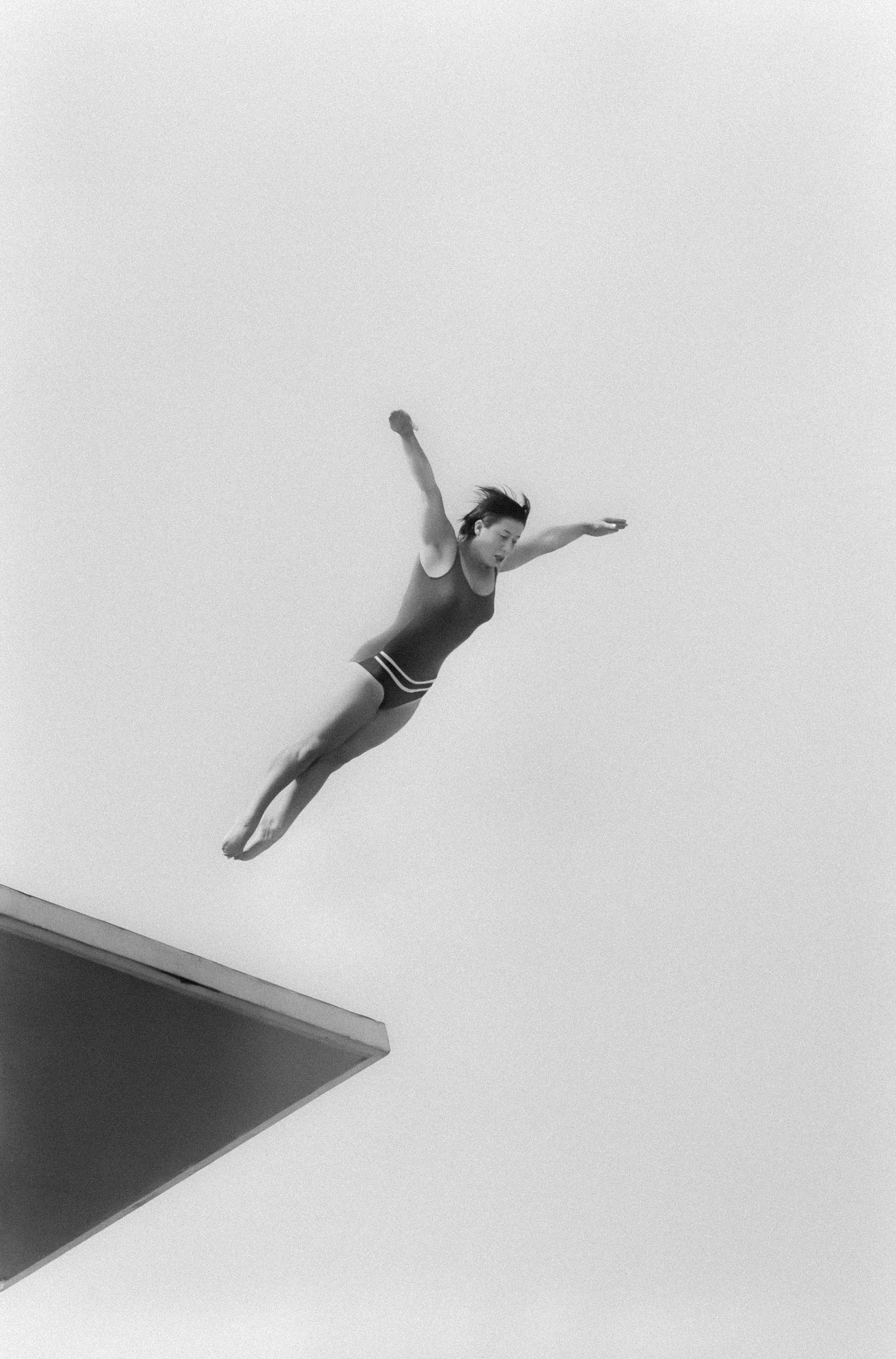Reading back over my old work, I realised (once again) that I haven't been taking my own advice. In Creativity... Now!, I asked about creativity and why I wasn't able to revive old ideas into new pieces of work. How am I to write if I can't rely on my past self's ideas?
The answer: Presently. I should write from where I am—who I am—now. Not how I want to be or how I wish I'd been. Write presently.
So, rather than revive some old piece about the dangers of giving advice, I should write about where I am now and what is going on for me now. Right now, unfortunately, I am ashamed.
180bpm. If you watch a child on a skipping rope, they'll jump at around 180bpm. That's how fast they run, too. When they dart about—without a thought of how they are supposed to—they strike the ground 180 times per minute. They also run on their forefoot with a straight torso. They don't heel strike, and they don't over-stride either. Their forefoot lands almost directly under their body and bounces effortlessly, with their heel barely touching the ground.
Standing on the beach, I remember these facts and more. Its over 20 degrees in August, which for an Australian winter is a treat. The sun is so hot that I take my shirt off before I start running, screwing it into a ball atop my bag. The waves are only small, three foot or so. As I begin to run, they break up the hard, wet sand far enough to flow over my feet.
Not far from where I'm running—in fact, I might be able to see the cliffs faintly in the distance—lies the Royal Coast Track. The 26-kilometre track runs along clifftops and occasionally down to beaches and lagoons, always within stones throw of the great Pacific Ocean. The views are magnificent and always remind me of footage I've seen from Big Sur. It's all in the Royal National Park, a massive piece of practically untouched bushland a little south of Sydney. I've walked most of it in various bits and pieces over the years but never from start to finish, top to bottom, Otford to Bundeena. On September 7th, I plan to run it.
Well, I plan to run a 30-kilometre variation of it. It should take me about four hours. It'll be the longest trail run I've ever completed on one of the most beautiful tracks I've ever witnessed. I've been looking forward to it for months, and I simply can't wait.
On the beach, I remind myself: Torso straight. Driving knees. Quick steps. 180 per minute. One, two, three, one, two, three, one, two, three. Chin up. Not too fast. Think: Easy. Light. Smooth. Fast.
I'm ashamed because I have a story in my head. I create ideas and images of myself in the past and the future. I came from this place, and I'm going to get to that place. I wasted this morning, but I'm using the afternoon. I bummed around during uni, but I work hard now. I made some mistakes, but I will get my redemption.
I tell myself that the past I'm not proud of can be rectified if I learn adequate lessons from it. My laziness at uni was entitlement and fear. My lack of fitness and unhealthy eating were due to insecurity and indulgence—escapism. And so the future must be not that way.
The future must be sober, fit, and strong. I need to write well—far too well for the amount of time spent on the craft. I must be a great cook, a kind father, a reliable husband, and a generous friend.
I'm ashamed because life does not conform to pictures and stories. I do not write the tale of my life simply by visualising it. We do not imagine ourselves into existence, yet we imagine nonetheless.
Put simply, I'm ashamed because I'm not good enough.
After the run, I feel clunky, effortful, heavy, and slow. I'm limping from the blisters on my big toes and the balls of both my feet. I can't take a step without putting pressure on them and visibly wincing. There is no smooth motion now. Walking across the smooth sand, I look as if I'm walking over unstable stones that are jutting in against the soles of my feet. My friend who walks along side me can barely walk slow enough to keep the pace, constantly turning around to look backwards, searching for where I've got to.
Barefoot running is supposed to be intuitive, natural; elegant. We're designed to run this way. We evolved to our place on the savannah by persistence hunting, chasing down animals until they couldn't run any farther, sometimes for days at a time. They didn't have Puma, New Balance, or Nike. A strip of leather tied to their soles, and they were off, trotting gracefully over rocks and sand and grassland and tree roots until the hunt was over. I'm here limping like Dr. House on hot coals after 25 minutes on the beach. What's wrong with me?
If I'm supposed to write presently, about the world I'm living in now, it has to start with my foot.
My foot hurts. It has been days now since my run, and the blisters have healed, thankfully. It's the outside of my right foot that worries me. If I were to draw a line from my pinky toe to my ankle joint, about half way is where I feel it. Not all the time, just when I walk. Every step is a painful reminder, a reminder of advice I heard a few weeks ago—advice I ignored.
Ease in. Increase exertion by 10% each week. There are no prizes for diving head first. Your feet need time to adjust. They've been living in padded shoes for most of their lives. The outside world is tough, so they're gonna need to toughen up before a big run. Going straight from heaps of padding in a regular running shoe to barefoot shoes (which are basically a strip of flexible plastic tied to your sole) is asking for a stress fracture. Start slow, on hard sand or a grassy field. Do not run 5 km in the first week. If you do, you will damage your feet.
I think it's a stress fracture.
A stress fracture—only a teeny microscopic bit of damage in the bone—would put me out for months. No 30-kilometre trail run in the beautiful Royal National Park. No half-marathon in November with my sister-in-law either. Pack up the barefoot shoes and take it easy for a while.
Too much. Too soon. Too stupid.
Simone Weil wrote, “I... am other than what I imagine myself to be. To know this is forgiveness.” It's pretty obvious that I'm not what I imagined I was. It's the second part I'm in need of now. Forgiveness.
I find it easy to take on an attitude of opposition against feelings like regret, loss, and shame. I don't want them. I don't want to see them or remember them later. I wish the whole thing hadn't happened, and so when thoughts arise that remind me of them, I wince and push them away. I don't want to think about that.
Unsurprisingly, trying not to think about something only makes it more powerful and more difficult to ignore. Pushing only results in more opposition, resistance, wincing, and cringing than the source emotion generated in the first place.
Recently, I've been trying the opposite; inviting them in. When unpleasant feelings arise, I don't push them away—I pull them closer.
In doing so, I get to rummage around a bit more, inspecting the emotion and wondering about its origins and what it's trying to tell me. Under the surface of negative emotions is a whole other world. This is a strange discovery for a man who's only ever pulled pleasant feelings towards him. The unpleasant ones aren't simply bearable or useful; they're really quite sweet. Emotions like jealousy, anger, and regret all have their kind, loving, and gentle counterparts hiding just under the surface.
The same goes for ideas. No idea is useless. No idea is all bad. They might be useless for the context that they're being applied to—a chemistry experiment mightn't test the hypothesis or give conclusive results—but it isn't a waste. It told you how not to run an experiment. Things were learnt, hurdles were overcome, changes were made, and a new experiment will inevitably walk upon its shoulders.
In the context of my shame, it begins as a feeling of humiliation and embarrassment. I felt like a fool for training too hard and too fast. I ignored advice and paid the price. I wish that I'd been able to live up to my own expectations and ambitions. I wish I could be a successful person, someone who achieves great things and, in doing so, empowers others. I wish I had been more cautious and taken better care of my body. I should have treated my body more preciously than I did.
From my initial negative emotion, I'm able to excavate down to a desire to care for my body, a will to empower others, and a wish to live up to my ambitions. Unlike shame, these aren't feelings I want to push away or forget about. Instead, they're valuable signals that I'm glad to receive.
The feelings of eagerness were also signals. They signalled that I want to be passionate and throw myself into life without overthinking, overplanning, or fear of the unknown. It shows that I've got faith in the world rather than fear of the world. I believe that the world will look after me and provide me with what I need. And, in the end, it did.
It provided me with a reminder to slow down. It told me that I should have directed my passion in a more constructive direction, into stretching routines and an incremental running plan. I should have done drills at home and learnt more about form and technique and how the mechanics work, all while taking small, responsible steps to enact that knowledge. I learnt that my passion and excitement will undermine themselves if they aren't tempered with foresight and care. My desire to run might have put me on the sidelines for 8 weeks.
When I see things this way, pulling forth the underlying messages of my emotions, I no longer feel ashamed that I overtrained—I feel grateful. I'm glad to have learnt that I'm a little too hot out the gate. For a long time, I wasn't, and so it's good to know that I shouldn't overcompensate. I'm glad to know that I should direct my excitement and desire to participate in something new, not into a risky overstepping of my abilities, but into knowledge, accountability, and a plan.
I'm glad too to know that my shame can be transformed into pride—pride that I'm excited, faithful, and keen to get out there and live life, to push myself. I'm glad that I can transform lessons into articles and hopefully be of service to others. I'm grateful for all that I've learnt and all that life's taught me about myself, the world, and my foot.
Honestly, limping around my apartment, probably for the next few weeks, is a small price to pay for all that. I'm glad to pay it.
W.
“O snail
Climb Mount Fuji
But slowly, slowly!”
Kobayashi Issa




